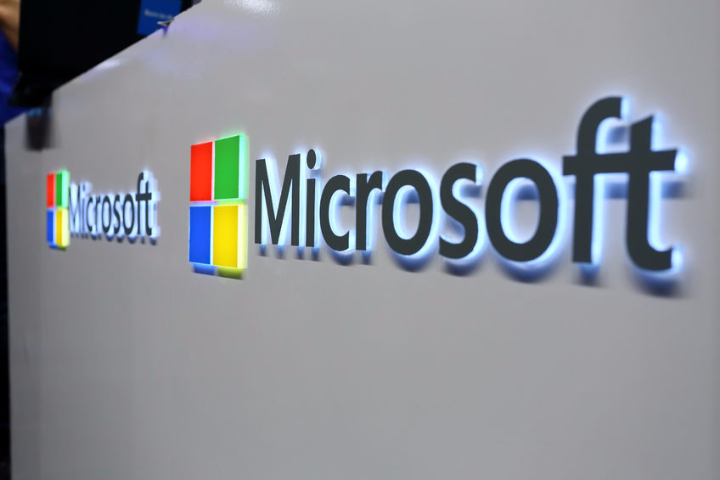
Microsoft has apologised for racist and sexist messages generated by its Twitter chatbot. The bot, called Tay, was launched as an experiment to learn more about how artificial intelligence programs can engage with internet users in casual conversation. The programme had been designed to mimic the words of a teenage girl, but it quickly learned to imitate offensive words that Twitter users started feeding it. Microsoft was forced to take Tay offline just a day after it launched. In a blog post, the company said it takes "full responsibility for not seeing this possibility ahead of time."

 UK's Jaguar Land Rover to halt US shipments over tariffs
UK's Jaguar Land Rover to halt US shipments over tariffs
 US starts collecting Trump's new 10% tariff
US starts collecting Trump's new 10% tariff
 Nasdaq set to confirm bear market as Trump tariffs trigger recession fears
Nasdaq set to confirm bear market as Trump tariffs trigger recession fears
 Dana Gas and Crescent Petroleum exceed 500M boe in Khor Mor field
Dana Gas and Crescent Petroleum exceed 500M boe in Khor Mor field
 China to impose tariffs of 34% on all US goods
China to impose tariffs of 34% on all US goods




